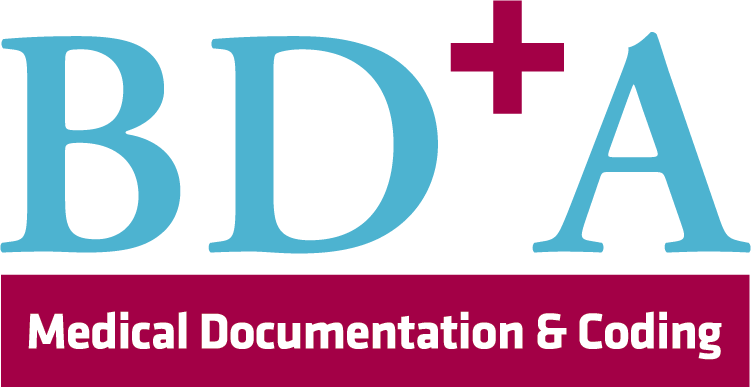Outpatient Clinical Documentation Improvement (CDI)

WHAT IS OUTPATIENT CDI?
Most clinical documentation improvement (CDI) programs have been developed inside hospitals with an inpatient focus. Now is the time to focus on your Outpatient programs. Bill Dunbar and Associates (BDA) defines outpatient CDI as reviewing documentation in the outpatient setting and/or the emergency department (ED) to ensure medical necessity and documentation appropriateness to support the codes billed. For those with Medicare Advantage (MA) contracts, a BDA CDI specialist can target diagnoses impacting Hierarchical Condition Categories, or HCCs, a payment methodology associated with patients seen in the physician practice setting.
Outpatient CDI is still being defined, and a variety of opportunities exist regarding the review of provider documentation entered during an outpatient or provider encounter. Outpatient CDI expansion is clearly a necessity.
WHY YOU NEED AN OUTPATIENT CDI?
Many organizations do not have the staffing and/or expertise to implement a CDI program. Many benefits why BDA can partner with your organization:
- Reduce Claim Denials: Payment denials are common in the outpatient environment just as they are in the inpatient setting.
- Support Accurate Diagnosis Code(s) Assignment: Specificity with Diagnosis assignment is more and more important in the outpatient setting. Each diagnosis should be documented to the highest level of specificity that is supported by the clinical documentation. This will impact the Hierarchical Condition Category (HCC) assignment, which will impact the Risk Adjustment Factor (RAF) to accurately reflect the patient’s complexity. Accurate Procedure capture is obtained through detailed encounter and procedure notes.
- Compliance: E/M policy and procedures are needed to support a strong Compliance Department. If it’s not documented, it wasn’t done.
- Physician Accuracy Scores: Accurate provider coding scores reduce denials and the chance for penalties.
